In New York City, LGBTQ youth-of-color gather out on the Christopher Street Pier, practicing a performance-based artform, Ballroom, which was made famous in the early 1990s by Madonna’s music video “Vogue” and the documentary “Paris Is Burning.” Twenty-five years after these cultural touchstones, a new and very different generation of LGBTQ youth have formed an artistic activist subculture, named the Kiki Scene.
KIKI follows seven characters from the Kiki community over the course of four years, using their preparations and spectacular performances at events known as Kiki balls as a framing device while delving into their battles with homelessness, illness and prejudice as well as their gains towards political influence and the conquering of affirming gender-expressions. In KIKI we meet Twiggy Pucci Garçon, the founder and gatekeeper for the Haus of Pucci, Chi Chi, Gia, Chris, Divo, Symba and Zariya. Each of these remarkable young people represents a unique and powerful personal story, illuminating the Kiki scene in particular, as well as queer life in the U.S. for LGBTQ youth-of-color as a whole.
The spectacular Kiki balls, a consistent component of the Kiki subculture, offer performers a safe and empowered space to enact various modes of gender expression, including a stylized femininity that, if executed in the communities in which they grew up in, could provoke ridicule and violence. Kiki scene-members range in age from young teens to 20’s, and many have been thrown out of their homes by their families or otherwise find themselves on the streets. As LGBTQ people-of-color, they constitute a minority within a minority. An alarming 50% of these young people are HIV positive. The Kiki scene was created within the LGBTQ youth-of- color community as a peer-led group offering alternative family systems (“houses”), HIV awareness teaching and testing, and performances geared towards self-agency. The scene has evolved into an important (and ever-growing) organization with governing rules, leaders and teams, now numbering hundreds of members in New York and across the U.S and Canada. Run by LGBTQ youth for LGBTQ youth, it draws strategies from the Civil Rights, Gay Rights and Black Power movements.
In this film collaboration between Kiki gatekeeper, Twiggy Pucci Garçon, and Swedish filmmaker Sara Jordenö, viewers are granted exclusive access into this high-stakes world, where fierce Ballroom competitions serve as a gateway into conversations surrounding Black-and Trans-Lives Matter movements. This new generation of Ballroom youth use the motto, “Not About Us Without Us,” and KIKI in kind has been made with extensive support and trust from the community, including an exhilarating score by renowned Ballroom and Voguing Producer Collective Qween Beat. Twiggy and Sara’s insider-outsider approach to their stories breathes fresh life into the representation of a marginalized community who demand visibility and real political power.
